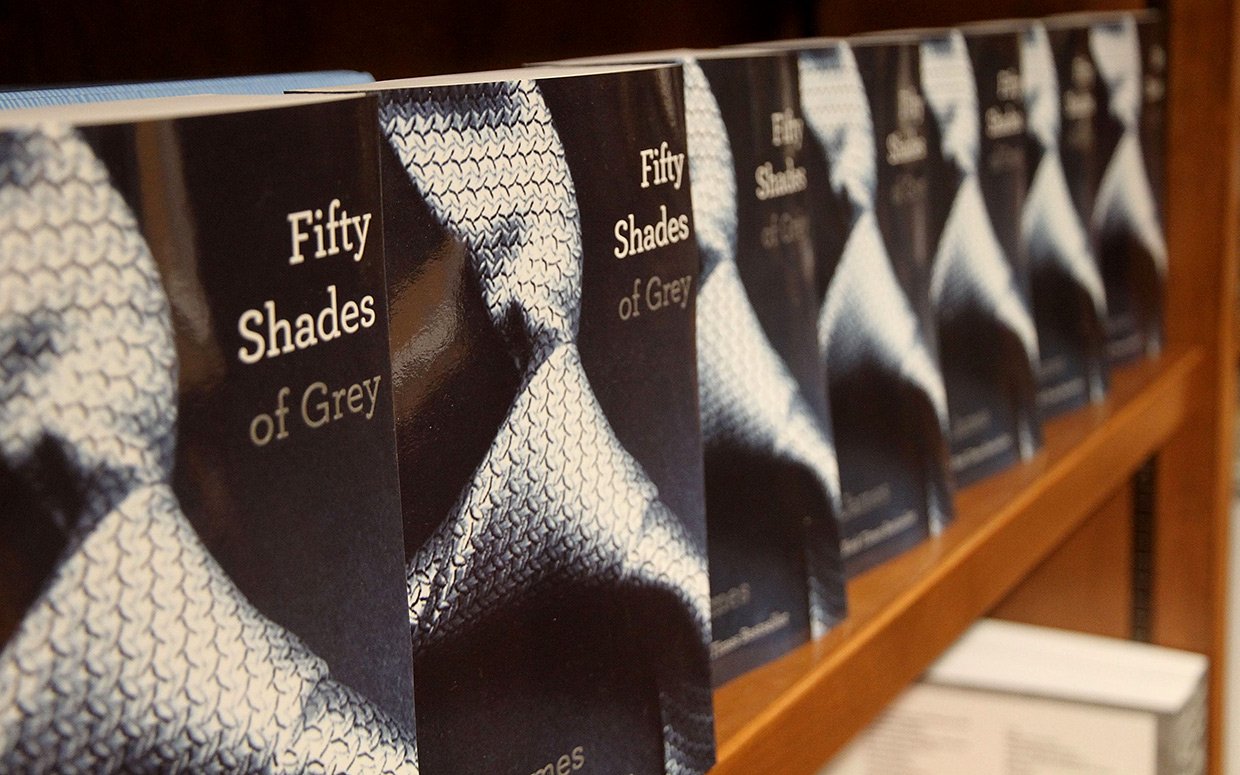The most scandalous part of “Fifty Shades of Grey” isn’t what Christian Grey does behind closed doors. It’s that the book might well be illegal art.
The movie’s dubious legal status stems from its origins: The popular novel by E.L. James began its life as unauthorized, online fan fiction based on Stephenie Meyer’s bestselling (and comparatively chaste) romance series “Twilight.”
Meyer’s copyright in “Twilight” grants her not only the exclusive right to make copies of her novel, but also the exclusive right to decide who can “prepare derivative works” of her novel. The “derivative work right” is the reason Summit Entertainment needed permission from Meyer to adapt the “Twilight” series into film. It also encompasses new works, such as sequels or alternate histories based on an original piece’s characters and setting.
This is where the legal status of “Fifty Shades of Grey” gets murky. The work was originally posted as unauthorized fan fiction online, under the title “Master of the Universe.” Its main characters, initially, were named Edward and Bella after the primary characters in “Twilight.” “Master of the Universe” explored what Edward and Bella’s relationship might look like if, instead of being a celibate vampire, Edward was a decidedly prurient human businessman. The popularity of “Master of the Universe” led to a seven-figure book deal.
James renamed the characters, but she didn’t rewrite the book. Blogger Jane Litte ran Master of the Universe and Fifty Shades of Grey through the anti-plagiarism software Turnitin, and concluded that 89 percent of the text was identical. Still, James’s current publisher, Vintage, maintains that “Fifty Shades” is original and no longer based on “Twilight.”
But there is widespread disagreement about how far the derivative work right reaches. Many past cases indicate that “Fifty Shades” at least arguably constitutes an illegal infringement of Meyer’s “Twilight” series. In 2010, a federal appellate court held that an unauthorized sequel to J.D. Salinger’s “Catcher in the Rye” probably infringed on Salinger’s famous work — that book, “Sixty Years Later: Coming Through the Rye,” is now banned in the United States. Back in 1978, Twentieth Century Fox filed a lawsuit alleging that the “Battlestar Galactica” series infringed upon the “Star Wars” copyright. (The two works share similar plots, themes, settings and characters.)
Christina Mulligan is an assistant professor of law at Brooklyn Law School.
The opinions expressed in this article are solely those of the author







